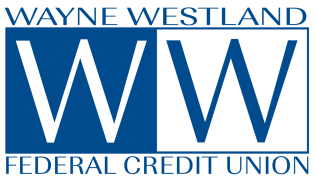One is often not enough, but how many credit cards are too many? Is there a magic number of credit cards that will help, not hurt, your credit score?
Your credit score is based on many factors and can be affected by numerous things. It all comes down to ratios. Credit agencies look at what you owe with both revolving credit (credit cards, lines of credit) and installment loans (auto loans, mortgages, etc.) and what your total credit is. This is your utilization ratio or rate. The more maxed out you are on all of your credit cards and loans, the higher your ratio is and the lower your credit score will be.
So, the number of credit cards matters less than the total balance you have on those cards. Credit agencies also look at your payment history for those cards. If you find yourself juggling credit cards and not always making your payments on time, chances are you have too many credit cards.
Average Numbers
The average American has two to three major credit cards and two to three store credit cards. Those with an “excellent” credit score of 800+ tend to have an average of three or more major credit cards. One thing that does make a difference with credit agencies is what your debt is compared to what your overall credit limit it. Adding an additional card to your total could help your credit – as long as you don’t carry a lot of debt on it. The more credit you have, the better your debt-to-credit ratio will be.
Another option would be to ask your current credit card company to increase your credit limit, which will have the same effect. But again, don’t increase your credit card debt with your limit or you defeat the purpose of increasing your limit. And if you have a card with a high interest rate, use that one less than those with more reasonable rates.
How Many?
If you haven’t figured it out yet, the number of credit cards doesn’t really matter, but how you use them does. Here are some reminder tips:
- Pay your credit card bills on time – every time.
- Keep your accounts open unless there’s a major reason to close them.
- Have a mix of installment loans and revolving credit (credit cards).
- Don’t overspend. Just because you have high credit limits doesn’t mean you should max them out.
To apply for a low-rate WWFCU Visa credit card, click here. You can also apply in person at our branch or call (734) 721-5700 to speak to a Member Service Representative.


